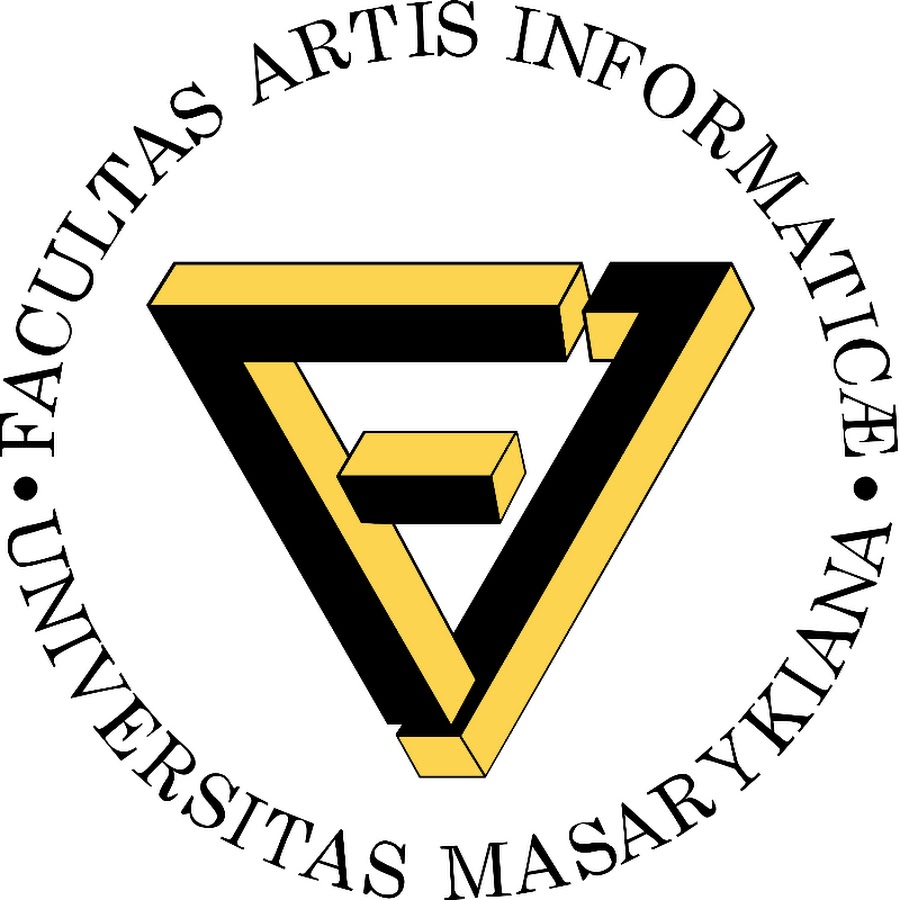Course Materials
Red Hatters and faculty at our partner universities and institutions often collaborate on the development of course materials related to open source and our core research areas of interest. Here, we make those materials available and invite you to share, re-use, and remix these materials and join in the collaboration.
The Fundamentals of Technical Writing (PV177/TechWriting)
Course materials are hosted externally.
OFFERED BY
MENTORS
MORE INFORMATION
COURSE REGISTRATION
This course may not be offered at this time, or the offering institution’s registration period may not be open.
Courses listed in this directory may be in-person courses and/or may require enrollment at the offering university.
Topics
Course Summary
Course objectives:
- Give students an overview of the technical writing industry, acquire knowledge and skills that are required for a technical writer job role.
- Prepare students to work with technical writers if they are working as developers.
- Prepare students to write better documentation for their future projects.
- Train purposeful, minimalist writing and clear communication.
The course consists of six lectures delivered by technical writers from Red Hat. Each lecture tackles a separate topic according to the syllabus below.
- Introduction to technical writing: definition and purpose of technical writing, comparison between different writing styles, a day in the life of a technical writer, types of technical documentation and their specifics, target audience
- Style: accessibility, minimalism, modularity, and structure, user focus and information flow, style guides
- Soft skills: empathy, ethics, cultural awareness, communication skills, curiosity, proactivity, editorial skills, time management
- Hard skills: definition of hard skills in technical writing, why we need them, product knowledge, engagement with the development team. Understanding user personas, teamwork across QE, product owners, engineers, support teams, planning for tech writing, how to create technical content, content strategy
- Tools: introducing single sourced and modular documentation, advantages of using markup languages with ability to set attributes and use conditions, overview of text editors, version control systems, and publishing tools, creating and generating documentation using AsciiDoc and AsciiDoctor
- Usability: usability of documented products, 10 usability heuristics, usability of documentation deliverables
Learn about more courses at the Course Material Catalog.
COURSES LIKE THIS
